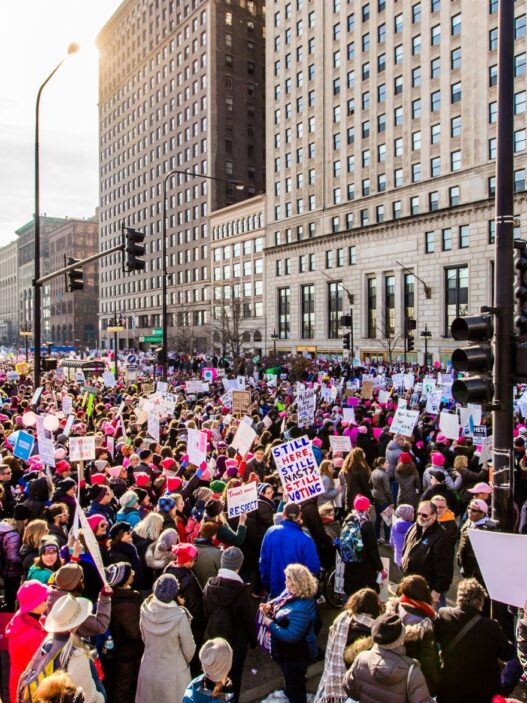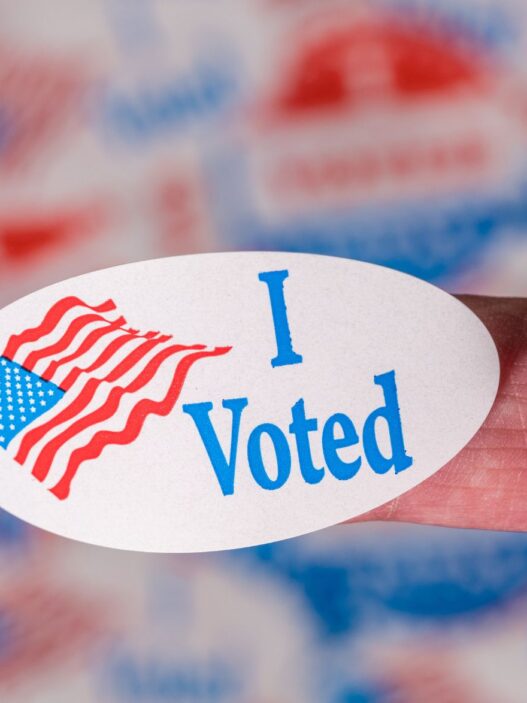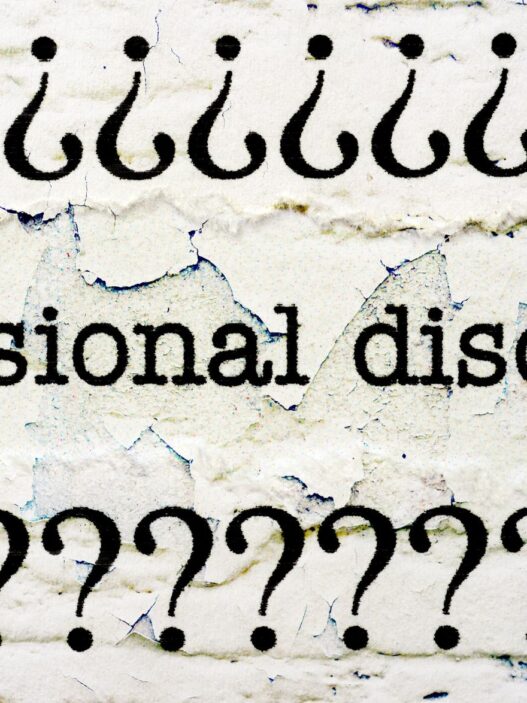Blue Cross Blue Shield (BCBS) agreed to a $2.8 billion antitrust settlement, marking a significant moment in the healthcare industry.
The settlement comes after accusations that BCBS used its market power to limit competition, leading to higher healthcare costs for its members.
This decision will impact millions of policyholders across the country and could help create a more competitive environment in healthcare.
The Background of the Case
The lawsuit, originally filed years ago, accused BCBS of engaging in anti-competitive practices.
Essentially, plaintiffs argued that BCBS organizations, which operate as separate entities across different states, were limiting competition among themselves and keeping healthcare prices artificially high.
By agreeing to specific territories and not competing with each other, the companies restricted choices for consumers and kept prices high, which negatively impacted millions of people who rely on them for healthcare coverage.
This type of behavior is known as “market allocation”, which is illegal under antitrust laws because it limits consumer choices and allows companies to maintain higher prices without competition.
For years, individuals, businesses, and organizations that purchased health insurance from BCBS were subject to these practices, paying more than they would have in a truly competitive market.
The Settlement Details
The $2.8 billion settlement is one of the largest antitrust settlements in U.S. healthcare history.
As part of the settlement, BCBS agreed to change some of its business practices to promote more competition among its affiliate companies.
This means that BCBS organizations will no longer be able to operate in such a way that restricts their competition with each other, which could lead to more options and lower costs for consumers.
Policyholders who bought insurance from BCBS between 2008 and 2020 may be eligible for compensation.
These individuals and businesses will be able to submit claims for a share of the settlement money, which is intended to make up for the higher costs they paid due to BCBS’s anti-competitive practices.
What This Means for Consumers
This settlement is expected to bring about some positive changes for healthcare consumers.
By encouraging more competition, there is hope that healthcare premiums may decrease, making it more affordable for people to get the coverage they need.
Competition is a key factor in keeping prices in check, and this settlement aims to help create a more competitive healthcare market.
This also serves as a reminder of the importance of regulating large corporations to ensure that they do not misuse their market power to limit competition or negatively impact consumers.
For too long, BCBS’s practices limited consumer choices, and this settlement is a step toward changing that.
Moving Forward
While this settlement marks a major victory for policyholders, it is important to keep in mind that real change will take time.
The healthcare industry is complex, and making it more transparent and competitive will require ongoing efforts from regulators, companies, and consumers alike.
For now, the BCBS settlement is a reminder of the power of the legal system to hold large corporations accountable and ensure that consumers are treated fairly.
As the healthcare industry continues to evolve, we hope to see more actions that promote affordability, transparency, and fairness in how people access healthcare.























